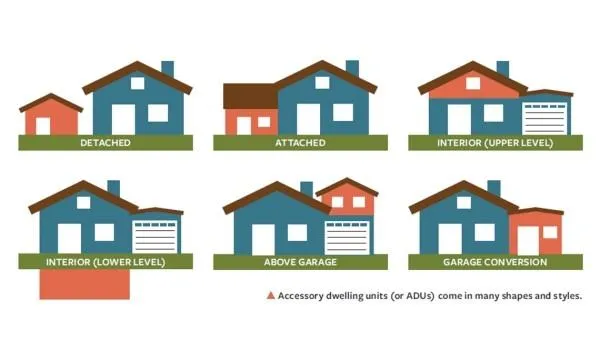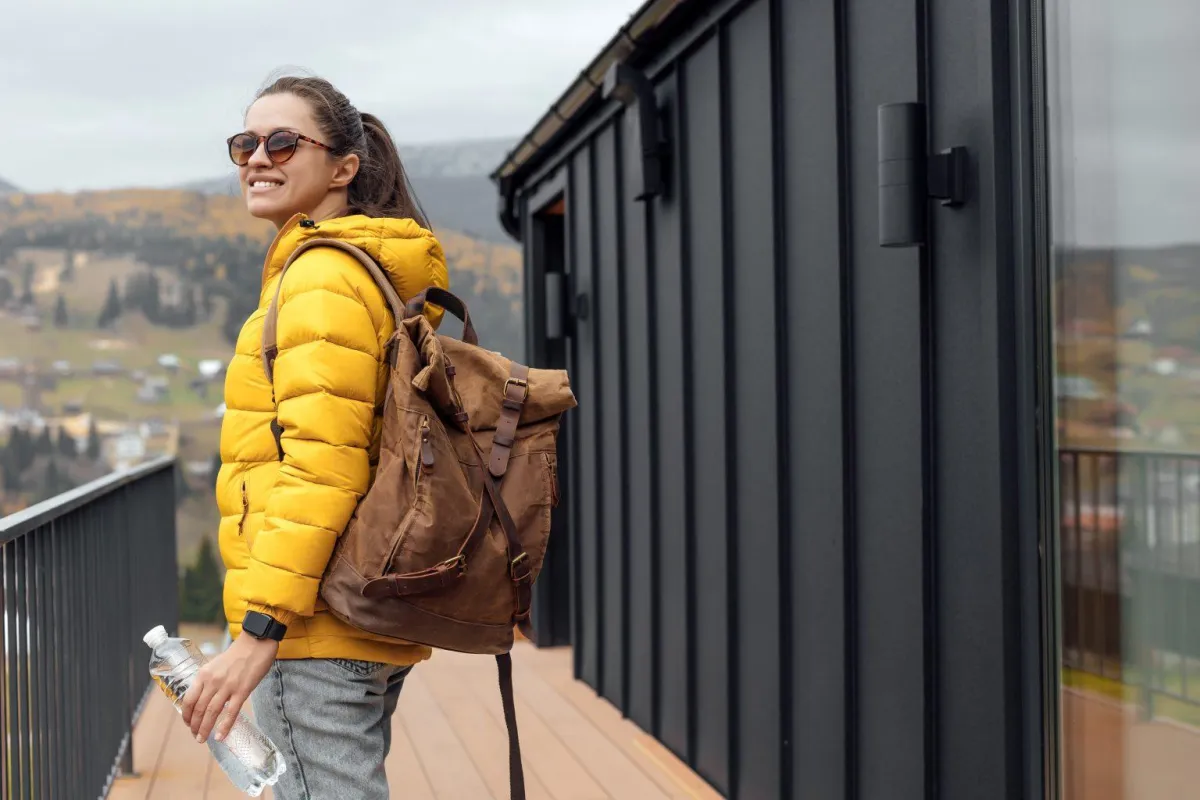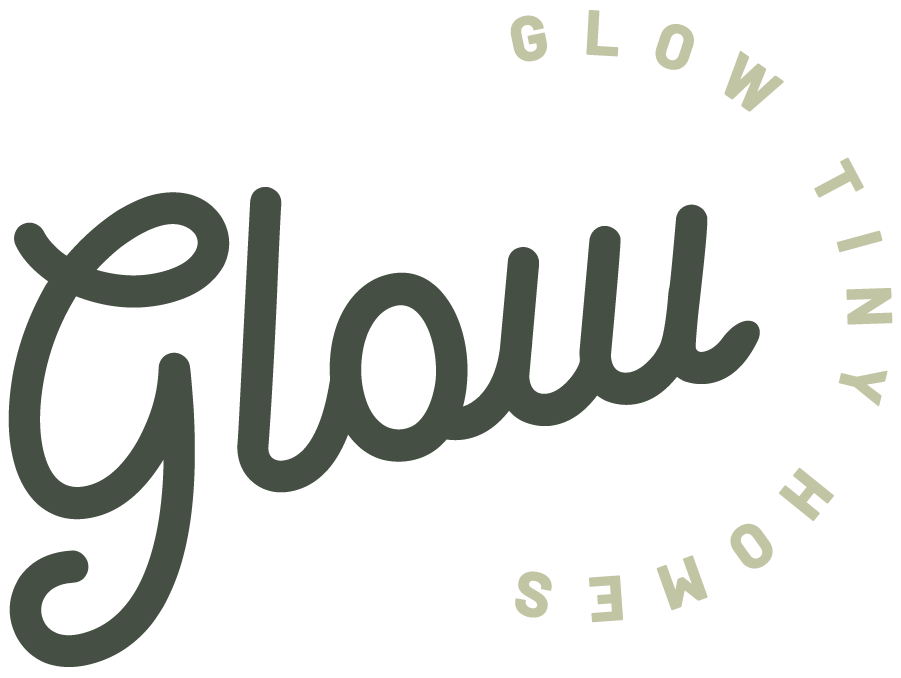Mon to Sat: 09:00 am to 05:00 pm
Accessory Dwelling Unit (ADU)
Creating Flexible Housing Solutions
An Accessory Dwelling Unit (ADU) is a secondary housing unit on the same property as a primary residence. Also known as a granny flat, in-law unit, or backyard cottage, an ADU is typically a self-contained living space with its own entrance, kitchen, bathroom, and living area. These units can be attached to the main house, such as a converted garage or basement, or detached, like a standalone cottage in the backyard.

Benefits of ADUs
Affordable Living
Renting out an ADU can provide homeowners extra income while offering renters a more affordable housing option in desirable neighborhoods.
Aging in Place
ADUs can house aging parents or provide living space for caregivers, allowing families to remain close while maintaining privacy and independence.
Property Value
Adding an ADU can increase the overall value of a property, providing a positive return on investment.
Turn-Key Solution
At Glow Tiny Homes, we handle everything for you, from a site visit to the design process and construction. Simplicity is the key.
Increased Housing Options
ADUs provide additional housing opportunities within existing residential areas, allowing homeowners to accommodate extended family members, renters, or guests
Rules and Regulations
Local regulations and zoning laws govern the construction and use of ADUs, so it's important to check with your city administration before embarking on such a project. With their potential to add value to properties, offer diverse housing solutions, and contribute to community growth, ADUs are becoming an increasingly popular and practical option in the realm of housing design and development. Here are some notable items in local zoning codes to look for:
Size Limits
There are typically restrictions on the size of an ADU, regarding square footage and height.
Parking
Many municipalities require additional parking spaces for ADUs to minimize impact on street parking.
Owner Occupancy
Some areas mandate that the property owner must live in either the primary residence or the ADU, but not both, to prevent speculative investment in residential neighborhoods.
Permitting Process
Obtaining permits for constructing an ADU can involve a thorough review process to ensure safety and zoning regulations compliance.
ADUs are not just a solution; they are a flexible and sustainable answer to housing challenges in urban and suburban areas. For homeowners, ADUs maximize the potential of their properties, offering a way to generate rental income, create flexible living spaces, or support family needs. For communities, ADUs foster a sense of community by diversifying housing options, promoting multigenerational living arrangements, and fostering community resilience. ADUs are a progressive approach to urban housing that benefits homeowners and communities.
ADUs offer a versatile housing option with many potential benefits. They can provide additional living space for family members, serve as rental units for supplemental income, or offer housing for caregivers or older relatives while maintaining privacy and independence. By maximizing land use efficiency, ADUs can help address housing shortages, promote affordable living arrangements, and support sustainable urban development.
Get Started with Custom Storage Solutions Today!
Testimonials
Our Tiny Home Stories
Creating a Cozy Haven for Grandma Emma

Emma, a loving grandmother, found navigating her large home challenging as she aged. Her family built an ADU in their backyard, providing her with a private, cozy space while staying close to loved ones. The new home, equipped with all essentials, allowed Emma to enjoy independence while remaining connected. Her grandchildren visited often, creating treasured memories together, and the ADU became a hub of family love and support.
Minimalist Living: Lily’s Tiny Sanctuary

Lily's tiny home, surrounded by nature, was designed for simplicity and multifunctionality. With clever storage solutions and large windows, her space felt open and serene. Her garden flourished, offering a peaceful retreat. Embracing minimalism taught Lily mindfulness, finding joy in simple moments like reading by the fireplace or dining with friends. Her home became a sanctuary, embodying the freedom and beauty of a minimalist lifestyle.
Oliver’s ADU: A Carpenter’s Dream Studio

Young Oliver transformed his grandparents’ ADU into a woodworking studio, pursuing his passion for carpentry. The serene space, filled with natural light, became a workshop where Oliver crafted custom furniture, gaining neighborhood recognition. His talent flourished, and his parents gifted him a sign—“Oliver’s Woodworks”—symbolizing their support. The ADU became a sanctuary for creativity, helping Oliver discover his calling and build his dream.



